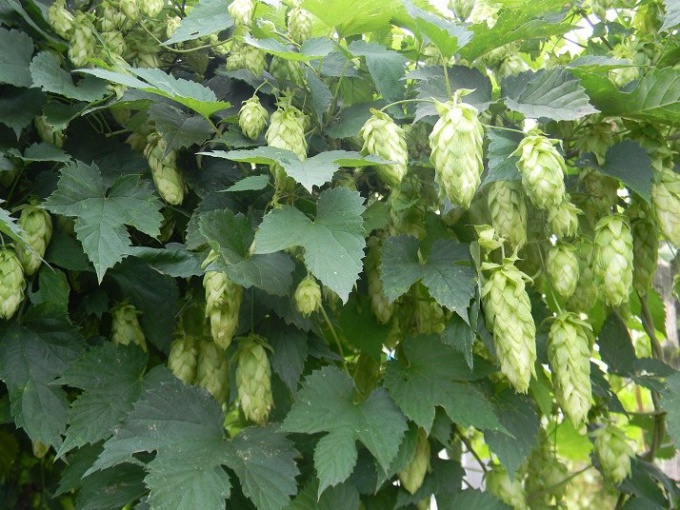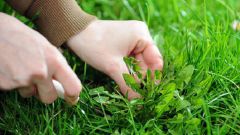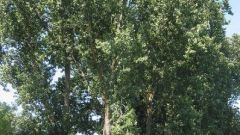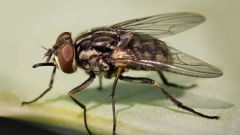With proper care, and timely pruning, the intensity of growth of hops quite easy to control. Moreover, this plant just looks great as a weaving element of the decor, for example, the concrete walls or fences. Looks so green design is quite aesthetically pleasing, bringing into architecture a kind of old-world charm, but...
But if you let things drift and let the hops grow where he pleases, in the end, his fast-growing vines can occupy almost the whole of the estate.
The most common and quick way to get rid of "intoxicating" weed involves the use of herbicides – chemicals, detrimental impact on the entire root system of the plant. Effective herbicides for the destruction of the hops and other perennial weeds: "roundup", "Napalm", "Hurricane", "Tornado".
Herbicides are sprayed directly on the weed plants themselves and act very rapidly – wilting of stems and leaves can be observed after three to four days. Completely weed "dies" after two and a half weeks.
Unfortunately, this method has its drawbacks. For example, sprinkling the weed, you can accidentally get a jet and some other plants. However, if you act in calm weather, this can be completely avoided. In addition, some gardeners introduce "poison" directly into the root of the weed, using this procedure, an ordinary medical syringe. Such "shots" are very effective and safe for the other inhabitants of the garden or the garden.
Dilute concentrated apparatus should be in accordance with the instructions for use. Usually one gold bottle is enough to prepare up to ten gallons of the mixture. Sprayed the herbicide need only with a special garden spray.
There are times (especially during the seasonal works in the garden and in the garden) that the herbicide is almost impossible to find on sale. In this case, to deal with nettles and other weeds you can use some folk remedies. For example, it is possible to prepare a concentrated solution of salt and pour over the ground around the plants. You can also prepare a concentrated solution of ammonium nitrate and pour it into the holes pre-drilled in the stems of the plants.
Many gardeners come out of the situation by planting in places where weeds, so-called "green manures: buckwheat, clover, soybeans, peas, oats, beans, lentils. These plants can effectively inhibit the growth of weeds, besides saturate the soil with beneficial organic matter.
But if you let things drift and let the hops grow where he pleases, in the end, his fast-growing vines can occupy almost the whole of the estate.
Methods of dealing with hops. Herbicides
The most common and quick way to get rid of "intoxicating" weed involves the use of herbicides – chemicals, detrimental impact on the entire root system of the plant. Effective herbicides for the destruction of the hops and other perennial weeds: "roundup", "Napalm", "Hurricane", "Tornado".
Herbicides are sprayed directly on the weed plants themselves and act very rapidly – wilting of stems and leaves can be observed after three to four days. Completely weed "dies" after two and a half weeks.
Unfortunately, this method has its drawbacks. For example, sprinkling the weed, you can accidentally get a jet and some other plants. However, if you act in calm weather, this can be completely avoided. In addition, some gardeners introduce "poison" directly into the root of the weed, using this procedure, an ordinary medical syringe. Such "shots" are very effective and safe for the other inhabitants of the garden or the garden.
Dilute concentrated apparatus should be in accordance with the instructions for use. Usually one gold bottle is enough to prepare up to ten gallons of the mixture. Sprayed the herbicide need only with a special garden spray.
If you are not able to purchase the right herbicide
There are times (especially during the seasonal works in the garden and in the garden) that the herbicide is almost impossible to find on sale. In this case, to deal with nettles and other weeds you can use some folk remedies. For example, it is possible to prepare a concentrated solution of salt and pour over the ground around the plants. You can also prepare a concentrated solution of ammonium nitrate and pour it into the holes pre-drilled in the stems of the plants.
Many gardeners come out of the situation by planting in places where weeds, so-called "green manures: buckwheat, clover, soybeans, peas, oats, beans, lentils. These plants can effectively inhibit the growth of weeds, besides saturate the soil with beneficial organic matter.





